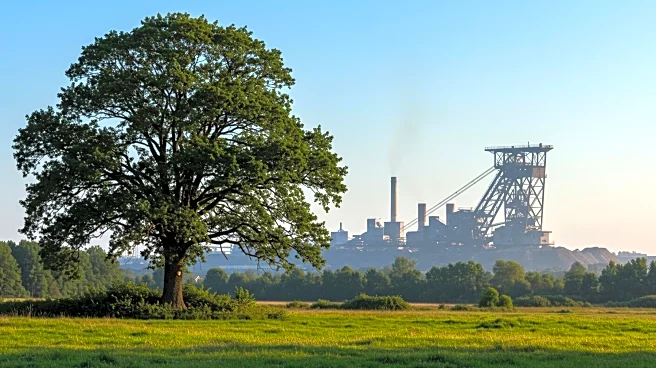What is the story about?
What's Happening?
A federal judge has denied a request to halt a land swap deal involving Oak Flat and a copper mining company. The decision follows approval from Congress and the president, leaving the judge with no legal grounds to intervene. Native American groups have opposed the swap, citing the land's religious significance. The ruling allows the federal government to proceed with the exchange, which has been a contentious issue due to its impact on indigenous cultural sites.
Why It's Important?
The court's decision highlights the ongoing conflict between economic development and the preservation of indigenous cultural heritage. The ruling may set a precedent for future cases involving land rights and resource extraction, potentially affecting Native American communities across the U.S. The decision underscores the challenges faced by indigenous groups in protecting sacred sites from commercial interests, raising broader questions about the balance between economic growth and cultural preservation.
What's Next?
With the court's decision, the land swap is likely to proceed, potentially leading to increased mining activities in the area. Native American groups may continue to seek legal avenues to protect Oak Flat, possibly appealing the decision or pursuing legislative changes. The outcome of this case could influence future policy discussions on land rights and environmental protection, prompting stakeholders to consider more inclusive approaches to land management.
















